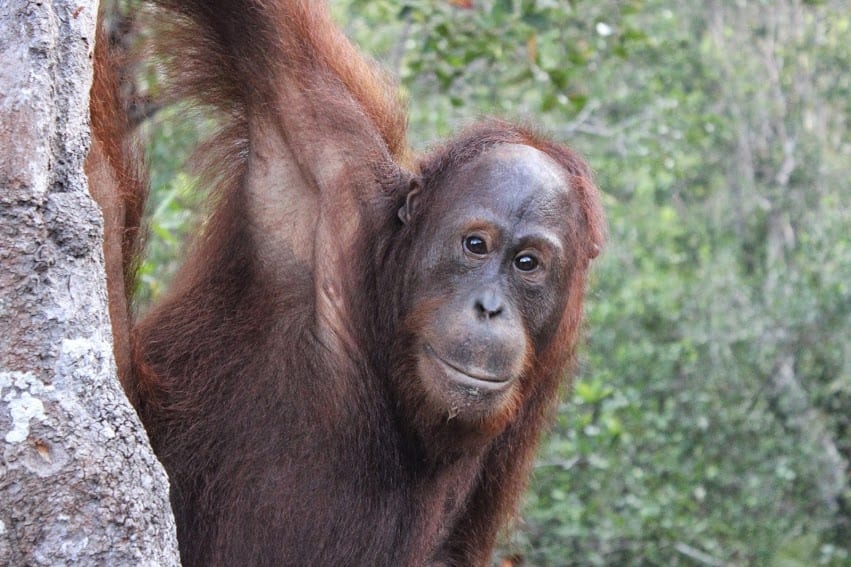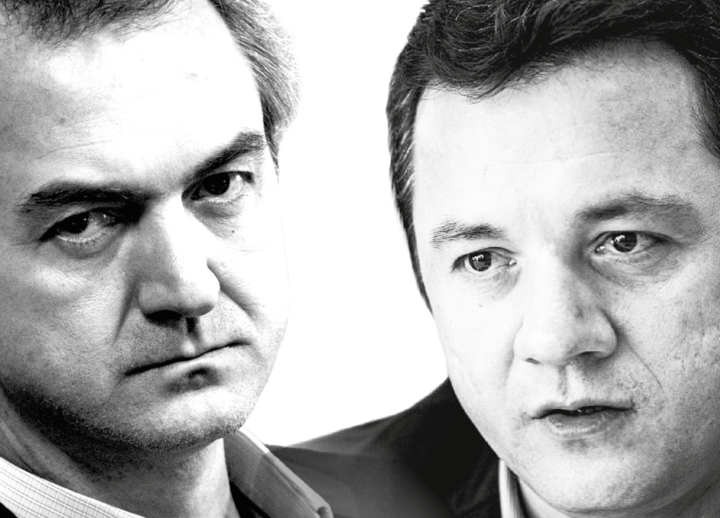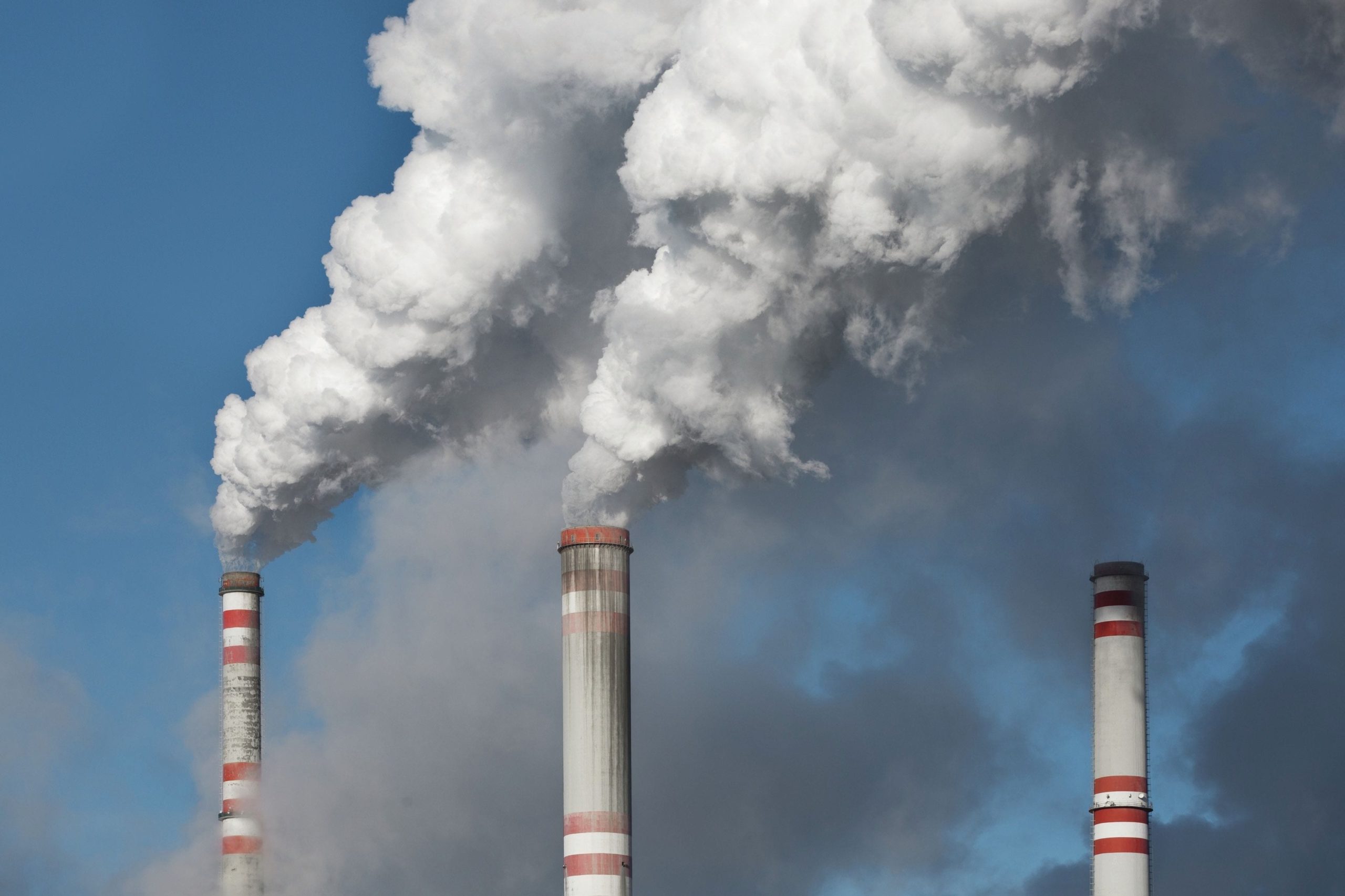
Finally, Real Action from Big Banks on Deforestation
This month BNP Paribas, the world’s seventh-largest financial institution, announced a new palm oil policy that sets responsible palm oil production as a pre-condition for financing. The policy requires that companies receiving financing protect forests and indigenous people. It also requires companies to adhere to strict human rights and labor standards, end the use of hazardous pesticides, and reduce greenhouse gas emissions, among other significant measures.
This policy is a breakthrough in forest-friendly finance. For far too long the finance sector has significantly lagged behind the trend toward responsible commodity agriculture, enabling company expansion into forests even when the marketplace is rejecting the practice. This has given rogue producers like Korindo hope that they can develop their own infrastructure to refine and export their deforestation commodities and circumvent “No Deforestation” supply chains. BNP Paribas’ new policy charts a new path for responsible financing that all major financial institutions should follow – or else face the growing consumer backlash against environmentally destructive institutions.
BNP’s policy comes at a time when a growing number of financial institutions are coming under scrutiny for financing destructive agribusiness operations. Just last week, Rainforest Foundation Norway (RFN) released a report exposing the Nordic banks and government pension funds linked to the six major banks financing Indonesia’s palm oil deforestation. (Already one of the banks profiled in RFN’s report, the Singaporean DBS Bank, announced a Responsible Financing policy that requires new lending in the palm oil sector to adhere to No Deforestation, No Peat, and No Exploitation requirements.) Over the past few months alone, Greenpeace launched a campaign on HSBC that led to the bank announcing a No Deforestation, No Peat, and No Exploitation palm oil finance policy. Rainforest Action Network launched a “Forests and Finance” campaign exposing the banks and investors behind Southeast Asia’s deforestation. And Friends of the Earth created a new tool called Deforestation Free Funds, which shows the global mutual funds that contain palm oil related holdings, while launching a campaign on the Teachers Insurance and Annuity Association (TIAA) regarding its high risk land holdings and palm oil investments.
But financial institutions aren’t only worried about being the target of a public campaign. They are also beginning to respond to the reality that investing in deforestation is risky business. Increasingly, companies that are caught destroying forests and abusing workers are shut out of international markets. In some cases, their stock prices plummet. For example, last year our team worked with allies to successfully persuade two dozen of the world’s largest palm oil buyers, including Unilever, Nestle, Kellogg, biofuels giant Neste Oil, and Dunkin’ Donuts, to suspend purchases from the Malaysian palm oil company IOI after the company breached its No Deforestation policy and was suspended by the Roundtable on Sustainable Palm Oil. Its share price dropped almost 15% in the month following the suspension, representing a $4 billion decline in value. IOI has since made important moves to address these issues and return to being a responsible provider of palm oil; we’re continuing to monitor those efforts, but it’s clear that sustainability is now a market mover. Deforestation—once seen by agribusiness titans and their financiers as a cheap and easy way to make huge profits—is increasingly becoming a major business liability. More and more banks don’t want to do deals with companies pursuing outdated and high-risk business models.
BNP Paribas has firmly set a new benchmark for responsible financing in the palm oil sector, one that must be met with decisive action. Both BNP Paribas and HSBC have a first clear test case of their new policies: South Korean industrial giant POSCO Daewoo, which owns a palm oil company called PT Bio Inti Agrindo (BIA) that has a 340 square kilometer plantation in Papua, Indonesia. Satellite imagery (see here) shows that POSCO Daewoo’s BIA has cleared an astonishing 99 square kilometers of forest between September 2015 and April 2017, a quarter of which (24 square kilometers ) occurred in the first four months of 2017 alone.
Research by Greenpeace showed that in the past five years, 13 banks – including HSBC, BNP Paribas and Standard Chartered – have been involved in providing POSCO Daewoo and its subsidiaries with loans totaling nearly $3.6 billion and bonds totaling over $5 billion. BNP Paribas told Mighty Earth it is engaging with POSCO Daewoo to express concerns about this deforestation. However, if POSCO Daewoo is not willing to implement an immediate moratorium on forest clearing and restore the damage it has done, it is not engaging in good faith and BNP should terminate its commercial ties with the company immediately.
If the deforestation dominos continue to fall in the financial sector, this could be a key turning point in the fight to save Southeast Asia’s remaining forests. Simply put, if companies can’t find the financing they need to keep cutting down the trees, they will have to turn to a more responsible path. We must seize the moment. Now is the time for all of us to be demanding that our financial institutions follow the model set by BNP Paribas by enacting no-deforestation forest conservation and human rights policies.


